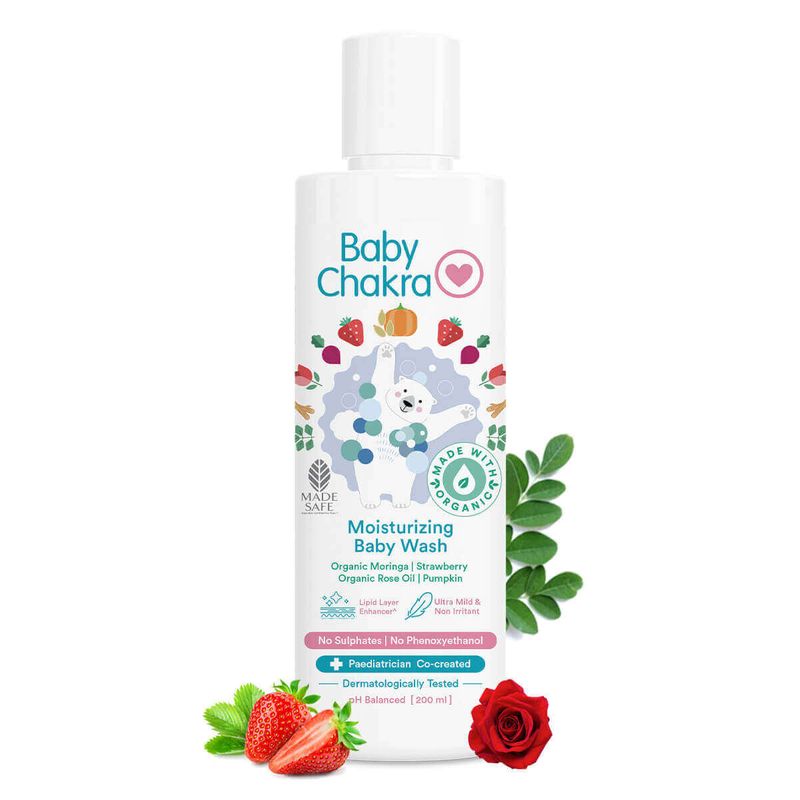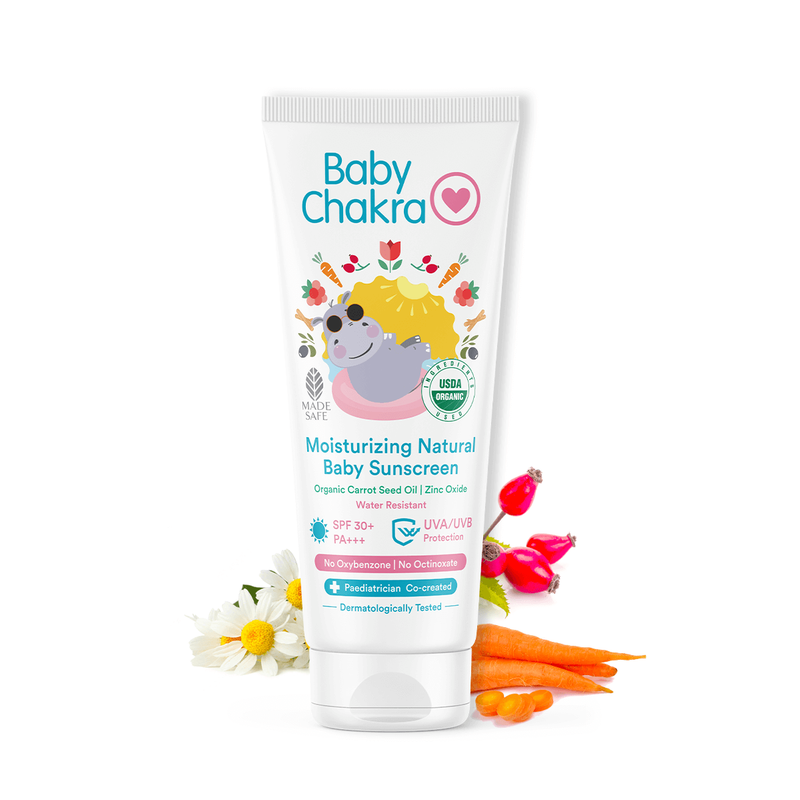
Newborn Skin Peeling: Causes And Treatment
3 Nov 2022 | 4 min Read
Reema Shah
Author | 740 Articles
With a baby around, your primary focus is keeping their delicate and small bodies safe and healthy. Hence, it’s natural to worry about your baby’s well-being. If your baby’s skin appears dry or starts peeling in the weeks after birth, you might get concerned. However, there’s no need to worry as peeling skin is a completely normal process among newborns. Read more to find out why it occurs and what you can do.
Causes of Newborn Skin Peeling
Newborn skin peeling is usually a natural result of pregnancy.
Newborn babies have just spent nine months in the mother’s womb surrounded by amniotic fluid. Unlike adults’ skin, their skin does not exfoliate. Hence, a newborn’s skin may look dry and begin to peel off instead.
Here are some factors that may cause newborn skin to peel:
Full-term Birth
The extent of the skin peeling in a newborn varies according to the baby’s gestational age at birth. Babies who are born prematurely or before 40 weeks tend to have less skin peeling normally compared to babies who are born closer to term, or after more than 40 weeks.
Babies who spend more time in the womb usually have less vernix on them at birth, which means that their skin has had more exposure to amniotic fluid. Hence, this can cause increased skin peeling.
Vernix Caseosa
A thick waxy coating called vernix caseosa, or vernix develops on the baby’s skin when a baby is in the womb which helps to protect it from the amniotic fluid. The vernix begins forming around the 20th week of pregnancy.
If people avoid washing the vernix off the baby immediately after birth, this natural biofilm may also help the baby’s skin to adapt to life outside the womb.
Other Causes
Some other possible causes of newborn skin peeling are:
- Psoriasis
- Atopic dermatitis or other types of eczema
- Ichthyosis
Treatment For Newborn Skin Peeling
1. Reduce Exposure to Cold Air
Cold air is usually very dry and can cause the skin to dry out in turn leading to cracks in the skin and peeling. Hence, limiting your baby’s exposure to cold air can help prevent this.
2. Use a Humidifier
When there is moisture is present in the air, it can help prevent dry and itchy skin. Using a humidifier will increase the amount of moisture present in the room.
3. Limit Bath Time
Prolonged baths can have an adverse effect on a baby’s skin and can wash away naturally occurring oils. Hence, this can make the baby more susceptible to peeling skin. Try limiting bath time to a maximum of 10 minutes and avoid using harsh soaps. Use a gentle body wash formulated specifically for babies.
4. Use Lukewarm Water
Lukewarm water is suitable for washing a baby’s skin as too hot water can dry out the skin. Applying moisturiser immediately after a lukewarm bath to the baby can also help prevent dryness.
5. Avoid Products with Harsh Chemicals
Since a newborn has sensitive skin, it’s also important to avoid harsh chemicals that can irritate your baby’s skin. Avoid using products that have perfumes or scented products on your newborn’s skin. From the baby’s shampoo to sunscreen, it’s very important for you to #LabelPadhoMoms
Opt for a detergent designed specifically for a baby’s sensitive skin for washing the baby’s clothes.
Normal newborn skin peeling may continue for the first week or two after the baby’s birth as the top layer of skin slowly sheds. However, your baby’s delicate and sensitive skin is still prone to drying out and peeling after this period too. Hence, try out these tips and do not worry.
Cover image credit – Canva
A


Related Topics for you
Suggestions offered by doctors on BabyChakra are of advisory nature i.e., for educational and informational purposes only. Content posted on, created for, or compiled by BabyChakra is not intended or designed to replace your doctor's independent judgment about any symptom, condition, or the appropriateness or risks of a procedure or treatment for a given person.


